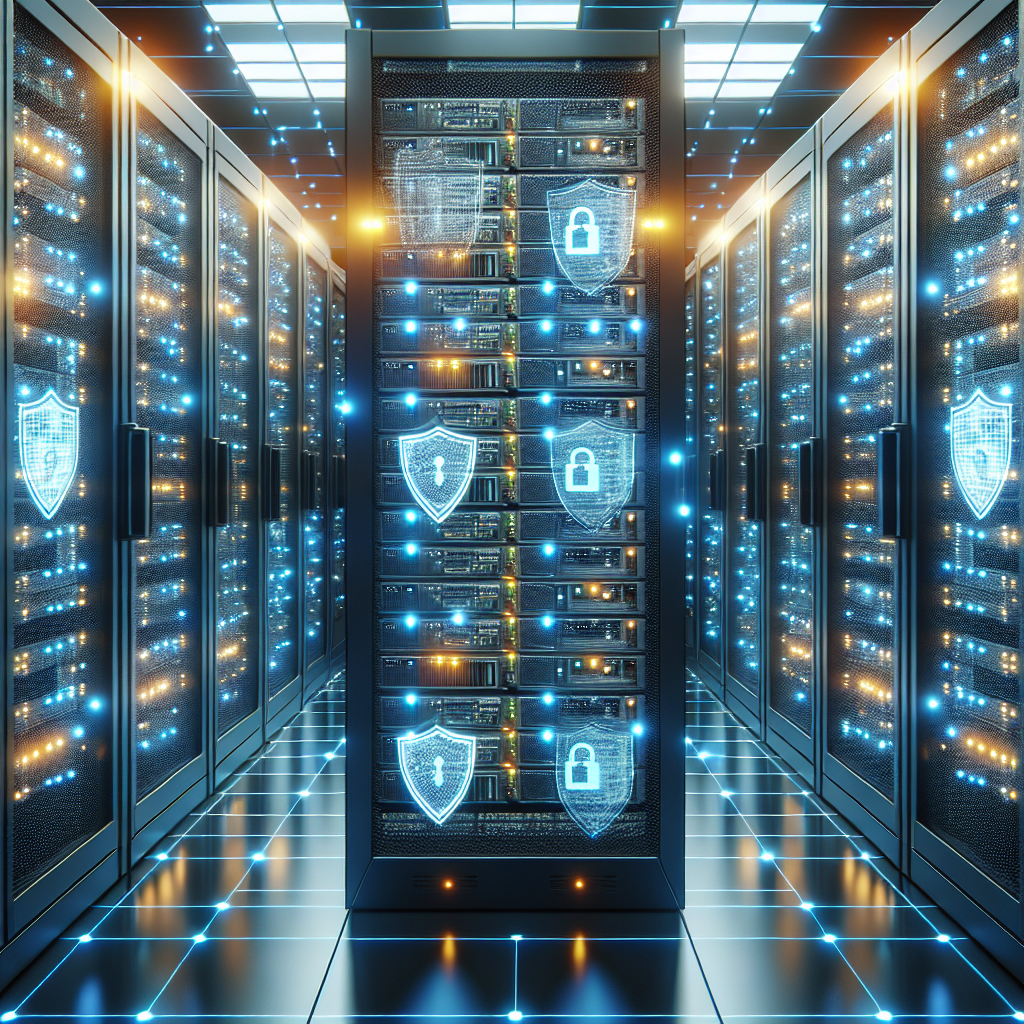Security Considerations for Data Center Servers: Protecting Your Data Against Cyber Threats
Data centers play a crucial role in storing, processing, and managing vast amounts of data for organizations. With the increasing reliance on digital technologies and the rise of cyber threats, ensuring the security of data center servers has become more important than ever. Protecting sensitive data against cyber threats is essential to prevent data breaches, unauthorized access, and other security risks that can have serious consequences for businesses.
One of the key security considerations for data center servers is implementing robust access controls. Limiting access to authorized personnel and implementing strong authentication mechanisms, such as multi-factor authentication, can help prevent unauthorized access to sensitive data. Additionally, implementing role-based access controls can ensure that users only have access to the data and resources they need to perform their job responsibilities.
Another important security consideration is securing the physical infrastructure of data center servers. This includes implementing physical security measures such as access controls, surveillance cameras, and environmental controls to protect servers from theft, vandalism, and environmental hazards. Additionally, data center servers should be located in secure facilities with controlled access to prevent unauthorized physical access.
In addition to physical security measures, organizations should also implement network security controls to protect data center servers from cyber threats. This includes implementing firewalls, intrusion detection and prevention systems, and encryption to protect data in transit and at rest. Regular monitoring and auditing of network traffic can help detect and respond to potential security incidents in a timely manner.
Regular software updates and patch management are also essential for securing data center servers. Keeping servers and software up to date with the latest security patches can help prevent vulnerabilities from being exploited by cyber attackers. Organizations should also conduct regular security assessments and penetration testing to identify and address any security weaknesses in their data center servers.
Data center servers should also be backed up regularly to ensure that data can be recovered in the event of a security incident or data loss. Implementing data backup and disaster recovery plans can help minimize the impact of cyber threats and ensure business continuity in the event of a security breach.
In conclusion, protecting data center servers against cyber threats is essential for safeguarding sensitive data and maintaining the trust of customers and stakeholders. By implementing robust access controls, securing the physical infrastructure, implementing network security controls, and regularly updating software and conducting security assessments, organizations can enhance the security of their data center servers and protect their data against cyber threats.


